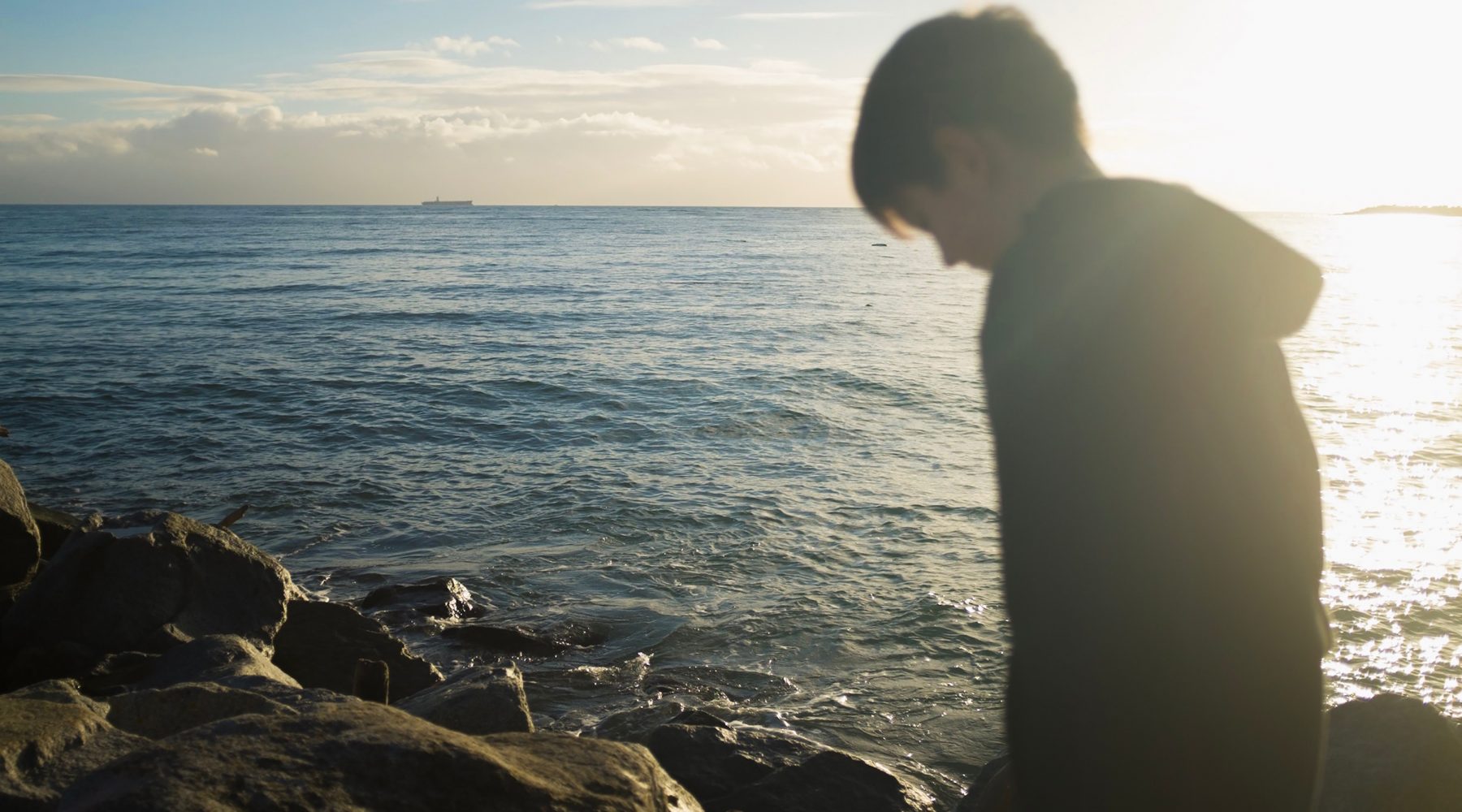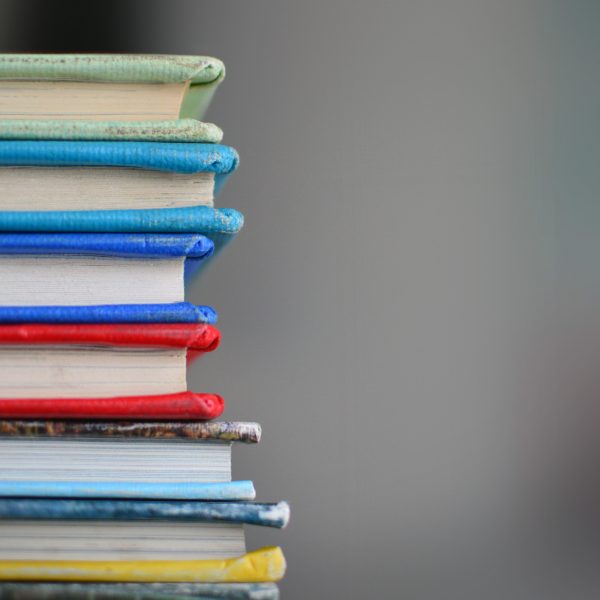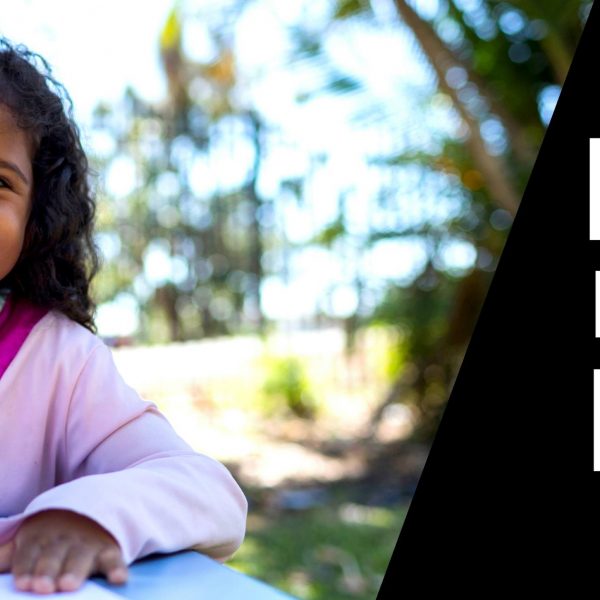Samoan-English bi-lingual program connects children to culture

A Logan City bi-lingual kindergarten, located in South East Queensland, has been working to connect young Samoan children with their heritage, language and culture.
The success of the program, which is a collaboration between Hosanna Logan City Church and Goodstart Early Learning, has attracted the attention of researchers from Queensland’s Griffith University, who recently spent seven months learning alongside the children and educators, seeking to understand the depth and complexity of the offering.
Griffith University researchers Dr Kerry Taylor-Leech, Associate Professor Judith Kearney and Dr Monika Krajcovica from the School of Education and Professional Studies, together with Master of Teaching student Temukisa Lealasola and Dr Eseta Tualaulelei (University of Southern Queensland), followed a group of children at the kindergarten (a’oga amata in Samoan).
Dr Taylor-Leech noted that, with more than 20 per cent of Australians speaking a language other than English at home, children are typically immersed in home languages before they start early learning. However, she said, when children enter formal early childhood education, English language begins to dominate, and this accelerates when they enter primary school.
The 2016 Census identified more than 300 languages spoken in Australian households. In English-speaking countries, languages other than English that are associated with people’s cultural backgrounds are generally known as “heritage languages”.
As a result, Dr Taylor-Leech and her team wanted to find out whether a bi-lingual early childhood environment could help revitalise their heritage language.
Working in collaboration with Hosanna Logan City Church and Goodstart, the team followed a group of children in the a’oga amata for seven months to explore whether it was meeting its aims to support heritage language and culture, build a positive Samoan identity and enhance children’s school readiness.
The a’oga amata was established in 2018 with the aim of encouraging Samoan parents to enrol their children in early childhood education.
“We found that parents valued the program highly. More than the amount of language their children learned, the parents valued that they were oriented to the Samoan values of usitai, faaaloalo, alofa and tautua – obedience, respect, love, and service,’’ Dr Taylor-Leech said.
“As well as providing the children with positive affirmation of their Samoan identity, the program also succeeded in enhancing the children’s school readiness by instilling in them a strong sense of confidence and belonging.”
The researchers found that whilst the program was highly successful in terms of cultural affirmation and preparation for mainstream education, it was less successful when it came to heritage language proficiency.
“Because English was the dominant language in the kindergarten, the children’s exposure to Samoan was ultimately limited. There was also no program available that would continue to support Samoan after the children had transitioned to primary school,” Dr Taylor-Leech said.
In future, researchers hope to extend their study to include other children from early in their learning journey and follow them into primary school to understand how positive heritage language and identity development supports a successful transition to school.
Additionally, researchers said they hope to explore how families can support their children and develop strategies for reviving heritage languages at home.
Popular

Workforce
Policy
Quality
Practice
Provider
Research
ECEC must change now, our children can’t wait for another inquiry
2025-07-02 07:47:14
by Fiona Alston

Workforce
Practice
Provider
Quality
Research
Supporting successful transitions: Big moves, big feelings
2025-06-26 11:00:30
by Fiona Alston

Quality
Practice
Provider
Research
ECEC in focus - Una Springwood’s intergenerational initiative brings young and old together through connection and care
2025-06-30 10:00:45
by Contributed Content












